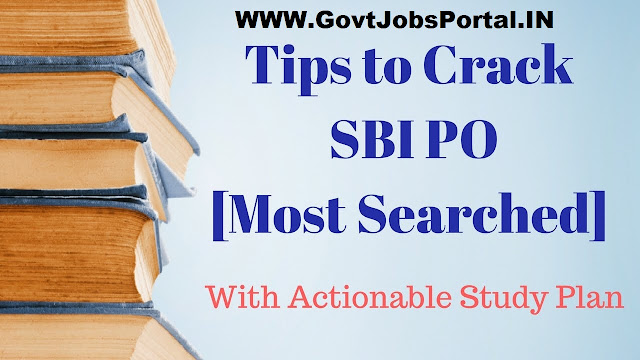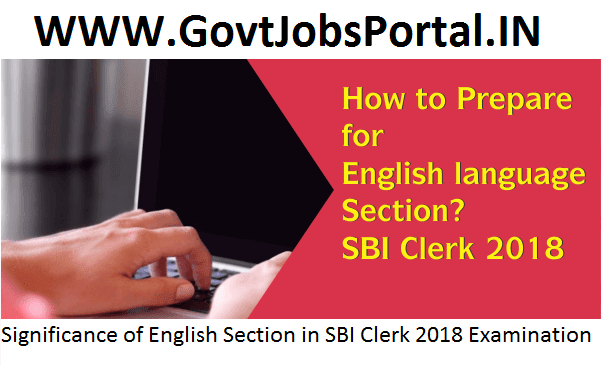Facts to Crack Civil Services
Examination
Some Myths and Reality Related to the Civil
Exam
Any aspirant of the civil services examination knows about the countless doubts
and myths that accompany the many ‘sincere’ advises of people around. It is
important to dispel the myths and take on the tough journey with confidence.
Time to confront these with corresponding realities.
Myth: Many people said that there are too much
political interference in the IAS and the IPS.
Reality: The decisions taken by IAS and IPS officers
have immense impact on the common man. Any position that promises authority is
bound to exercise some control as well. The more important the position,
greater the control will be. However, most of us tend to believe that private
sector offers a great degree of independence, which again is not true. The top
positions in the private sector are also subject to control or interference in
some form or the other.
Myth:Students who have excellent academic record
can only crack civil services examination.
Reality: Intelligence is subjective. Can we call a
student intelligent if he has consistently secured first division? Or can a
student who scores 100 per cent in mathematics or physics in Class X be tagged
as ‘intelligent’?
A survey conducted a few years back revealed that most of the successful
candidates in civil services examination had secured only a second division in
graduation, which led us to believe that a high academic score is a definite
asset, but a second or third division is definitely not an impediment to attain
success.
Myth: Some optionals have better prospects at the
preliminary level.
Reality: Candidates have 23 optionals to choose from
and each of them offers equal chances of success. UPSC follows the
proportionate method of representation, which weigh every optional
proportionally.
Myth: Every optional has a ‘cut-off’ mark. Hence,
it is better to choose one with a low cut-off.
Reality: What do we understand by cut-off? Out of the
10,000 qualified candidates, marks scored by the last candidate mark the
‘cut-off.’ Thus, candidates who score more than the cut-off will qualify and
those who don’t will not. In a competitive examination, a cut-off score changes
from year to year and there is no qualifying score.
Myth: Questions asked in optional ‘X’ are
difficult and perplexing. Hence, it is better to choose optional ‘Y’.
Reality: In a competitive exam, if the questions are
difficult every aspirant will score less and automatically the cut-off marks
will be low.
Myth: The general studies paper accounts for only
150 marks, on the other hand the optional paper is of 300 marks. Therefore
general studies calls for more attention.
Reality: While it is true that more attention needs
to be given to optional, preparation for general studies should not be
neglected as well. Remember, every mark counts and a single mark determines
success or failure.
Myth: The same subject for prelims and mains
should not be chosen.
Reality: There is no rule of thumb that the same optional
needs to be chosen both for prelims and mains exam, but it is advisable to
stick to one subject. If different options are taken, it would lead to tragic
waste of time.
Myth: When the same optional is picked up both for
prelims and the mains exam, then it is not required to prepare separately for
the preliminary examination. Preparation for the mains is sufficient.
Reality: The preliminary calls for a micro approach,
whereas the mains require a broad perspective. Hence, even though 90 per cent
of the preliminary syllabus is included in the mains, different methods of
preparation are required.
Myth: In order to crack
the civil services examination, an aspirant has to toil for at least 16 hours a
day.
Reality: Successful candidates in CSE examination state
that it is not the number of hours that is important, but the work that you put
in those hours. We all have a span of attention and the preparation should be
tailored accordingly. However, tall claims are made about 16 hours of extensive
study, but weather it is humanly possible or not is still debatable.
Myth: Nobody can be sure of success in prelims
until the results are announced, so it is better to set about preparation for
the mains only after the prelims.
Reality: Like any other competitive exams, civil
services examination also has a ‘chance’ factor. However, through a
well-directed effort, an element of chance can be cut-down to a large extent.
Preparation in the right direction steps up your chances of success in the
examination to 90 per cent. However, mains exam is conducted three months after
the declaration of prelims result. So, 90 days is ‘just not’ sufficient to
prepare for two optional, an essay and a general studies paper.
Myth: The provisions of reservation are not
applied at the preliminary examination
Reality: The provisions of reservations are applied
at each stage of the examination; otherwise a proportional representation to
the next stage is not possible.
Source: The Tribune.






